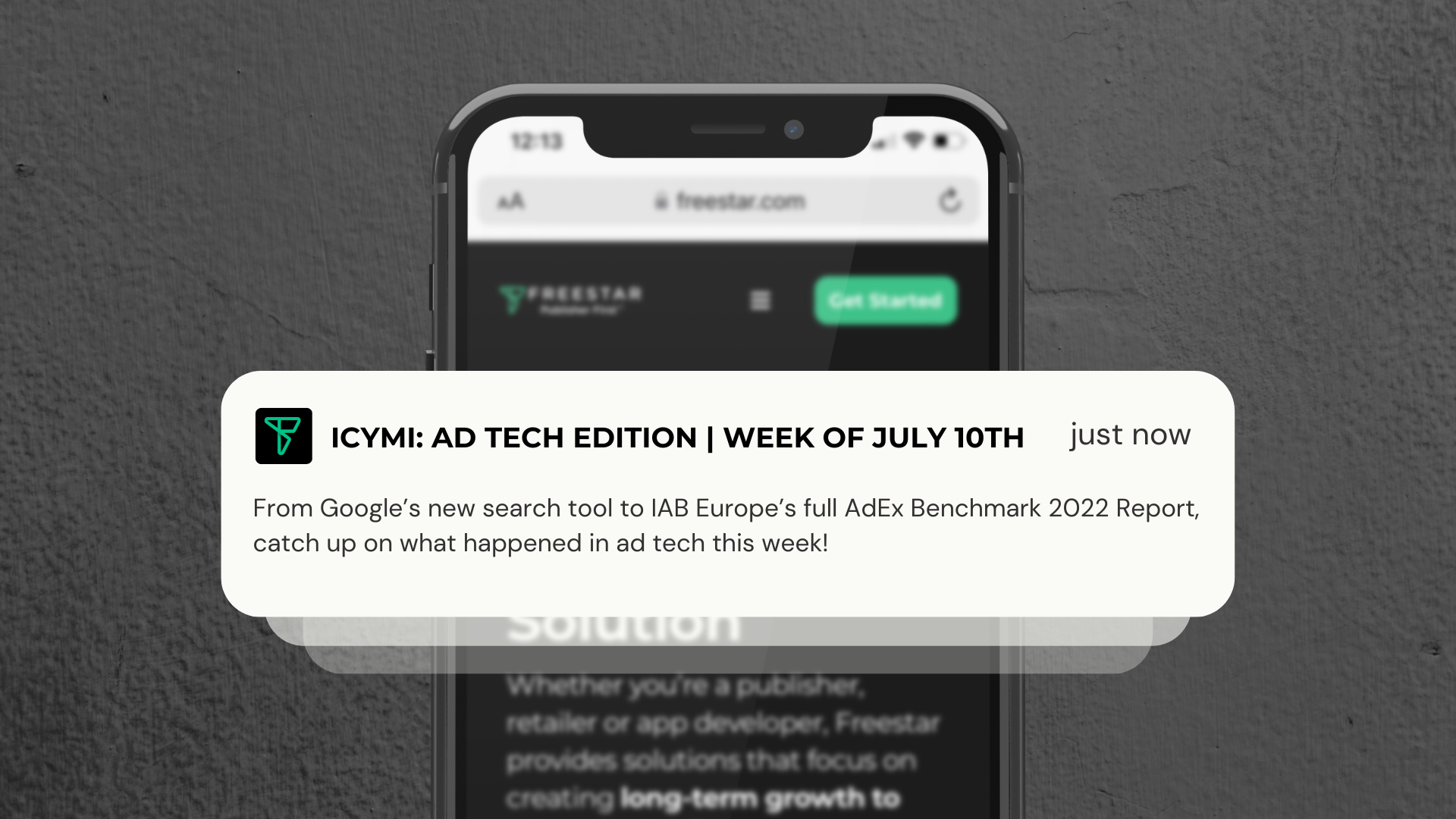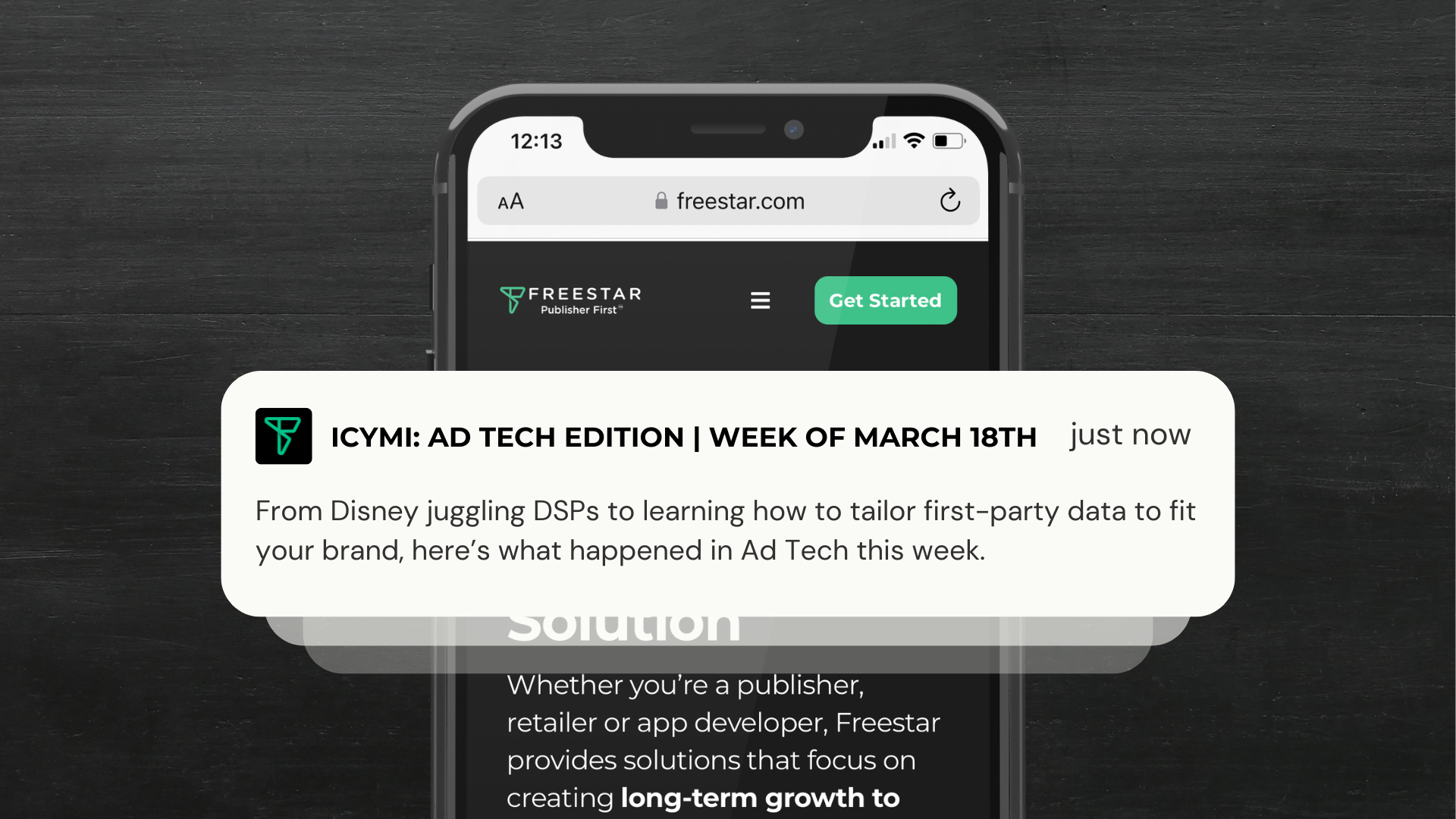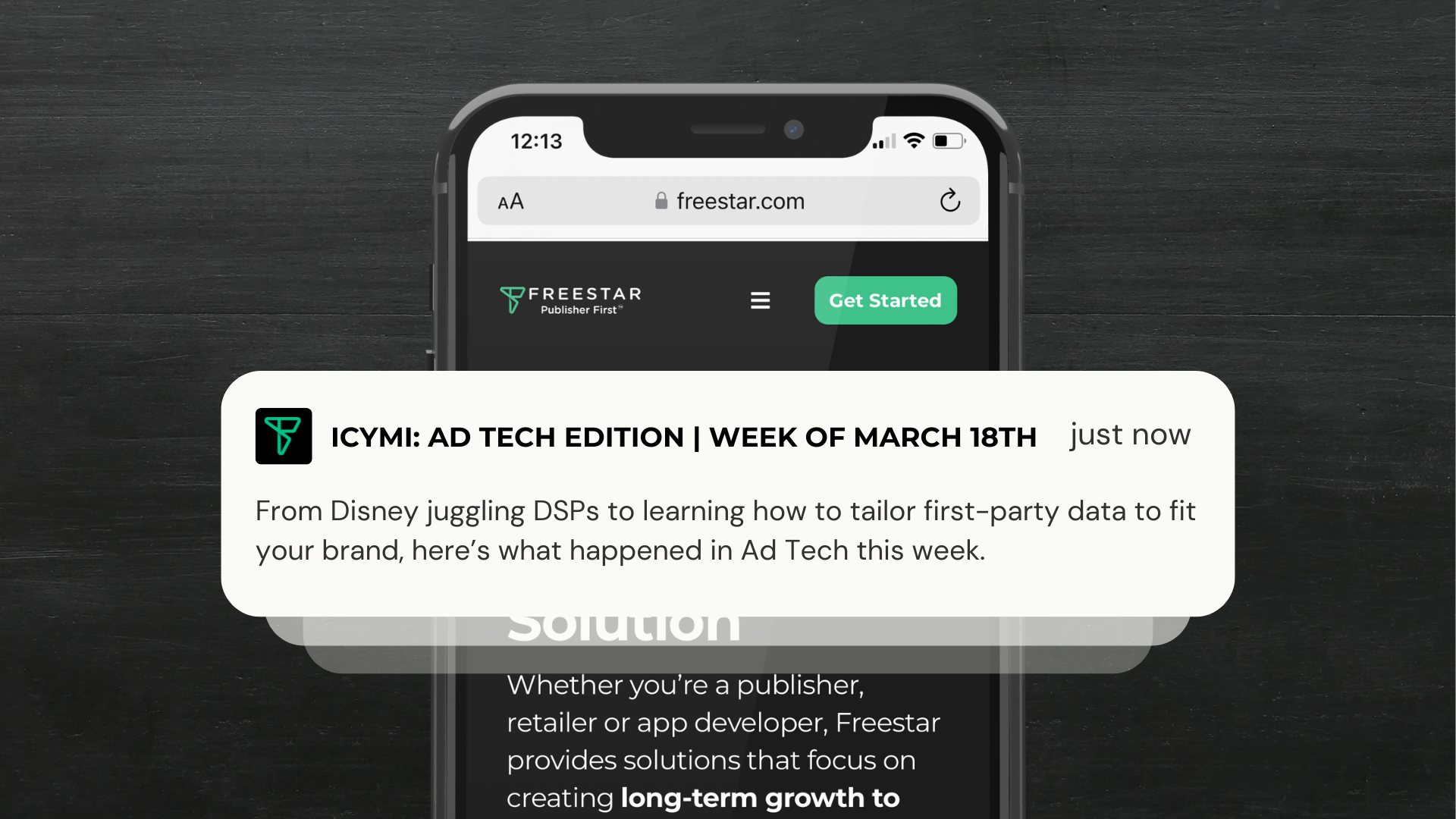Bits and Bobs from around the industry:
- Google’s New Search Tool Could Eat the Internet Alive | The Atlantic
- Deloitte/Meta Report Predicts the Near Future of Ad Tech, Winners Among New Privacy Enhancing Technologies | CPO Magazine
- IAB Europe Releases Full AdEx Benchmark 2022 Report to Reveal Another Year of Strong Digital Advertising Market Growth in Europe | IAB
Google’s New Search Tool Could Eat the Internet Alive | The Atlantic
Google has introduced its Search Generative Experience (SGE) at the Google I/O developer conference earlier this year. SGE integrates AI-generated results above the regular search links, making it easier for users to find synthesized and readable information from multiple sources. It also displays links to sources on the right side. As Google’s primary revenue comes from Search, it is not surprising that the company is releasing experimental products to stay competitive.
Deloitte/Meta Report Predicts the Near Future of Ad Tech, Winners Among New Privacy Enhancing Technologies | CPO Magazine
A new report commissioned by Meta and conducted by Deloitte highlights the growing importance of privacy-enhancing technologies in the online advertising industry. With increasing regulations and consumer demands for data privacy, companies are seeking alternatives to tracking cookies. Privacy-enhancing technologies are seen as the future standard for ad tech, allowing targeted advertising while safeguarding user data.
The report identifies two main categories of privacy-enhancing technologies: proposed techniques that are not yet standardized and existing technologies being developed by major players in the industry. These technologies aim to preserve targeted advertising while anonymizing user data and implementing better safeguards. Examples include “K-anonymity,” where users are associated with interest groups, and “homomorphic encryption,” which allows scanning of non-personally identifiable data without decryption.
Meta is experimenting with a combination of technologies called “Private Lift,” incorporating elements of K-anonymity and multiplatform computation. Other technologies in development include trusted execution environments, data “clean rooms,” and differential privacy algorithms.
The report emphasizes that privacy-enhancing technologies are not a complete solution and should be supported by strong organizational data governance. Companies need to focus on collecting first-party data within the boundaries of privacy regulations, potentially through voluntary approaches that provide clear value to consumers. The ad tech industry should anticipate increased marketing costs due to market fragmentation and the lack of universal standards among privacy-enhancing technologies.
To adapt to these changes, the report suggests educating stakeholders, assessing organizational privacy program maturity, improving internal communication and collaboration, ensuring compatibility with data governance frameworks, and testing available solutions from ad tech providers.
IAB Europe Releases Full AdEx Benchmark 2022 Report to Reveal Another Year of Strong Digital Advertising Market Growth in Europe | IAB
IAB Europe, the leading European industry association for digital advertising and marketing, has released its full 2022 AdEx Benchmark Report. The report covers 29 markets in Europe and reveals that digital advertising experienced a 9.8% annual growth in 2022, reaching a total market value of €86 billion. Despite facing challenges like the war in Ukraine and rising inflation, the digital advertising market demonstrated resilience and grew by €7.7 billion compared to 2021.
The report includes some key findings such as the expansion of market coverage, with the inclusion of Estonia, Latvia, and Lithuania, and the exclusion of Belarus and Russia. It also highlights the significant growth of audio advertising, which increased by 22.1% to reach €0.7 billion, and video advertising, which saw a 13.6% increase, valuing it at €18.3 billion.
The study reveals that programmatic advertising accounts for over 57% of display ad spend, with video accounting for 52.8% of programmatic spend. However, there are variations in programmatic maturity across different markets, suggesting room for growth. Some key markets, such as France, Germany, Italy, and Sweden, have lower programmatic shares compared to the UK.
Dr. Daniel Knapp, Chief Economist at IAB Europe, noted that the growth rate of digital advertising in Europe slowed to 9.8% in 2022, partly due to a natural correction following the robust recovery in 2021 after the pandemic. Despite macroeconomic fragility and the impact of the war in Ukraine, the growth rate exceeded expectations. He also highlighted the significant growth of digital advertising, which now accounts for over 60% of total media ad expenditure compared to less than 20% in 2009.
The AdEx Benchmark Report serves as a comprehensive perspective on digital advertising spend in Europe and is crucial for benchmarking market development trends, understanding the pan-regional nature of digital advertising investments, and informing European policy formulation. The report provides valuable insights into the role of Europe’s digital economy in a global context and its attraction of global startup funding.
Note: The report covers various European markets and includes data from national IAB offices. It represents the calendar year 2022 and provides market size and value information for different advertising formats, including display, video, and audio.





